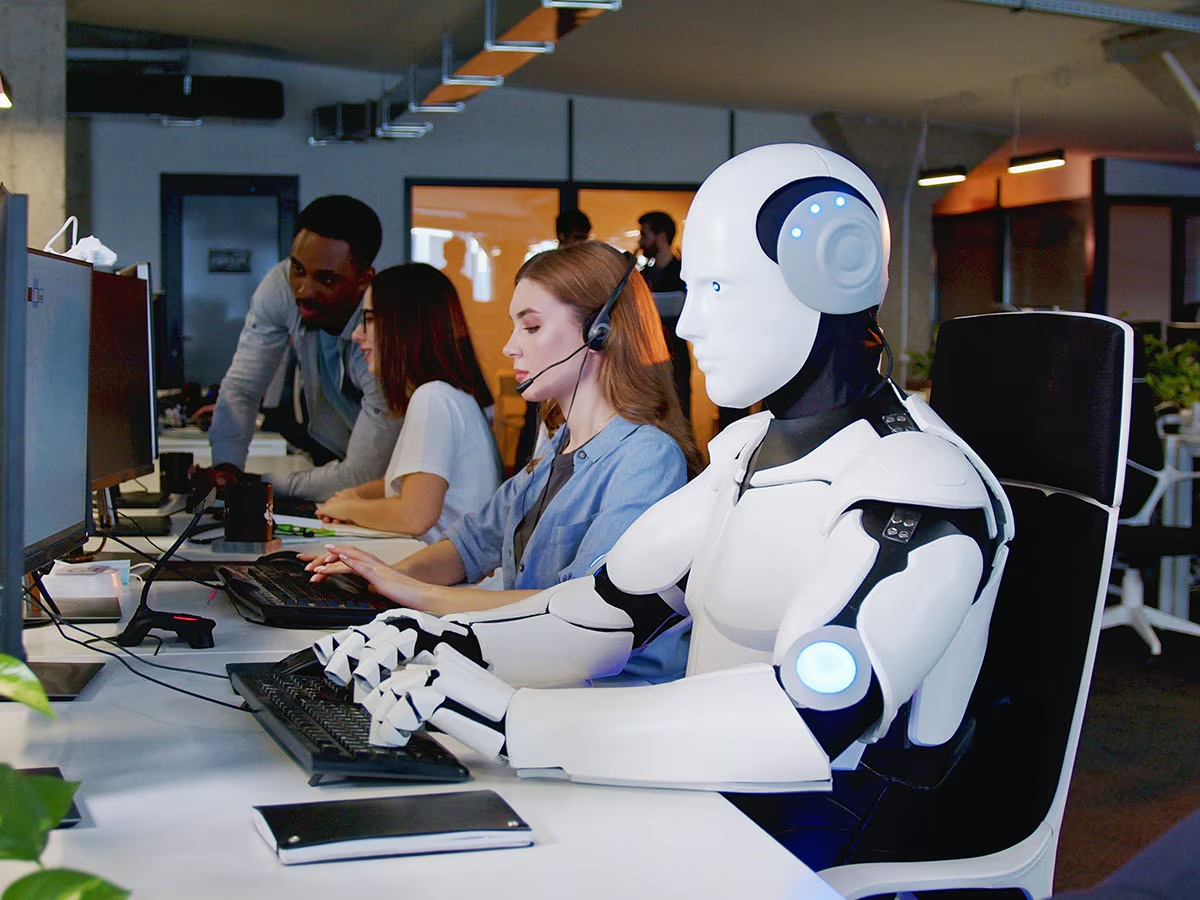Artificial Intelligence (AI) is a rapidly evolving field that has captured the attention of industries and individuals alike. It refers to the capability of a machine to imitate intelligent human behavior. From simple algorithms to complex neural networks, AI is available in various forms and applications. However, as with any technological advancement, it comes with its own set of advantages and disadvantages. Let's delve into the pros and cons of artificial intelligence and explore what the future might hold for this transformative technology.
Pros of Artificial Intelligence
1. Increased Efficiency and Productivity: One of the most significant advantages of AI is its ability to perform tasks more efficiently than humans. It can analyze vast amounts of data quickly, helping businesses make informed decisions faster than ever before. This efficiency leads to increased productivity, allowing companies to focus on more strategic tasks.
2. Enhanced Decision-Making: AI systems can process and analyze data from various sources, providing insights that humans might overlook. This capability enhances decision-making processes in fields like healthcare, finance, and marketing, where data-driven strategies are crucial.
3. Cost Reduction: By automating repetitive tasks, AI can significantly reduce labor costs. Companies can allocate resources more effectively, leading to better financial outcomes. For instance, chatbots can handle customer service inquiries, freeing up human agents for more complex issues.
4. Personalization: AI has revolutionized how businesses interact with customers. Through machine learning algorithms, companies can offer personalized experiences based on user behavior and preferences. This tailored approach enhances customer satisfaction and loyalty.
5. 24/7 Availability: Unlike humans, AI systems can operate around the clock without fatigue. This continuous availability is particularly beneficial in sectors like customer service and online retail, where immediate responses can enhance the user experience.
Cons of Artificial Intelligence
1. Job Displacement: One of the most pressing concerns surrounding AI is its potential to displace jobs. As machines take over tasks traditionally performed by humans, there is a fear that many workers may find themselves unemployed or under-skilled for the new job landscape.
2. High Initial Costs: Implementing AI technology can be expensive. Businesses must invest in software, hardware, and training to integrate AI into their operations effectively. For small companies, these costs can be a significant barrier to entry.
3. Data Privacy Concerns: AI systems often require large amounts of data to function effectively. This dependence raises concerns about data privacy and security. Users may be hesitant to share personal information, fearing misuse or breaches.
4. Lack of Human Judgment: While AI excels in data analysis, it lacks the emotional intelligence and ethical considerations that humans bring to decision-making. In critical areas like healthcare and law enforcement, this limitation can have serious consequences.
5. Bias in Algorithms: AI systems are only as good as the data they are trained on. If the data contains biases, the AI can perpetuate and even exacerbate these biases in its decisions. This issue has been particularly highlighted in areas like hiring and criminal justice.
The Future of Artificial Intelligence
As we look ahead, the future of AI remains a topic of great interest and speculation. Here are a few key trends that are likely to shape the landscape of AI in the coming years:
1. Integration in Daily Life: AI technology will become increasingly integrated into everyday life. From smart home devices to autonomous vehicles, AI will play a crucial role in enhancing convenience and efficiency in our daily activities.
2. Advancements in Machine Learning: As machine learning algorithms continue to evolve, we can expect AI systems to become more sophisticated. These advancements will lead to improved accuracy and the ability to learn from smaller datasets.
3. Ethical AI Development: With growing concerns about bias and privacy, there will be a stronger emphasis on ethical AI development. Companies will need to prioritize transparency and accountability in their AI solutions to build trust with consumers.
4. Collaboration Between Humans and AI: Rather than replacing humans, the future of AI may focus on collaboration. By working alongside AI systems, humans can leverage their strengths while still providing the empathy and creativity that machines lack.
5. Regulatory Frameworks: As AI technology continues to advance, governments and organizations will likely establish regulations to ensure responsible use. These frameworks will address concerns about privacy, security, and ethical implications.
Conclusion
Artificial Intelligence holds immense potential to transform industries and improve our lives. However, it is essential to weigh the pros and cons of artificial intelligence carefully. By understanding both sides, we can navigate the challenges and seize the opportunities that AI presents. As we move forward, fostering a responsible and ethical approach to AI development will be crucial in shaping a future where technology enhances human capabilities rather than replaces them.
| Pros | Cons |
|---|---|
| Increased Efficiency and Productivity | Job Displacement |
| Enhanced Decision-Making | High Initial Costs |
| Cost Reduction | Data Privacy Concerns |
| Personalization | Lack of Human Judgment |
| 24/7 Availability | Bias in Algorithms |

















